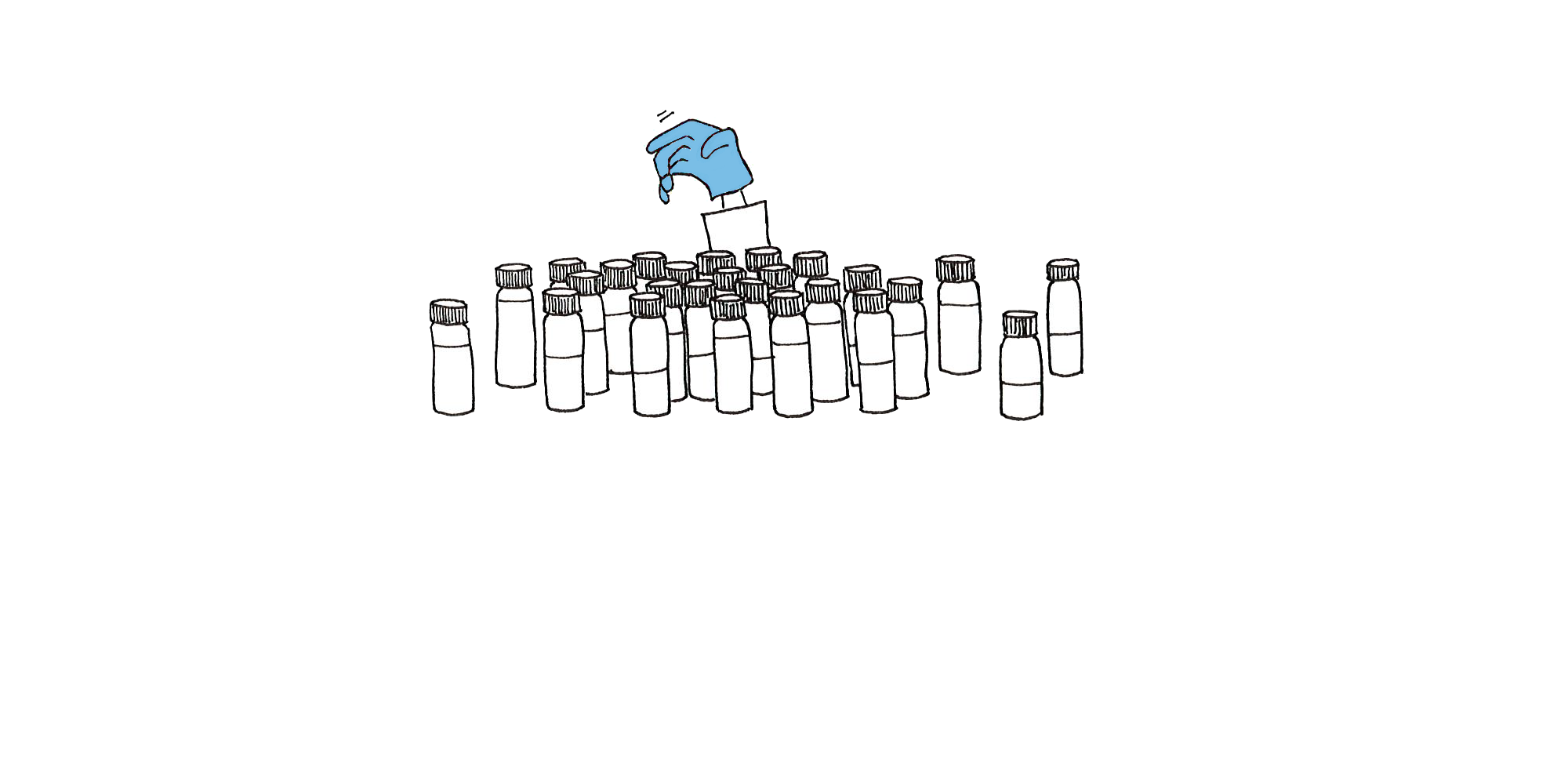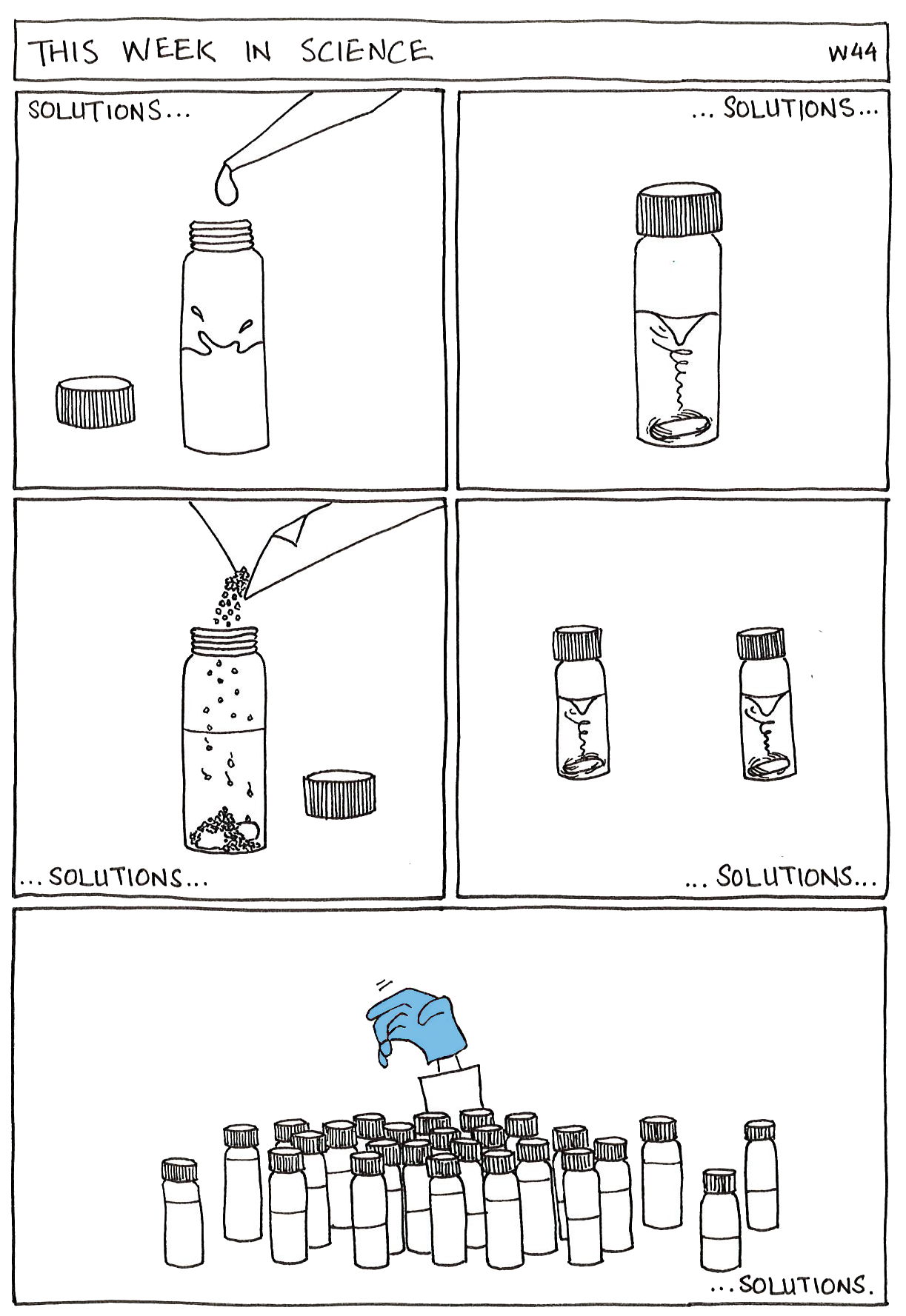When you are a scientist, there’ll be countless times when you’ll be required to “communicate your work”. It’s necessary, it’s woven into the current system, and it makes sure people don’t have to reinvent the wheel (or at least that’s the point).
But sciieeeence… is too technical for good communication. And when it gets too specific (as in a PhD research), then it appears very far off from being relevant to general life. This means that often when science IS being communicated, it may not be reaching the ears it should be reaching.
Now that doesn’t matter in a lot of cases, because, after all, it is science and not a novel that we want to sell a 100 million copies of. It’s for other scientists, more specifically for those who are related to your own field of work… And even in there, people who really read your writings will be people who are almost exactly working on the same thing as you (how many people in the world does that mean, especially for a junior scientist? 10? Maaaay be 20, if they find your article)… And even they will not be reading it word to word, but mostly just skimming it, and extracting those precious couple of sentences that they’d find most relevant for their own work (and that you, by the way, spent months working to get).
So yeah, it is okay if it is boring and technical, because it is not meant to torture a whole lot of people (just the ones who might really need to read it).
Now this may seem sloppy on behalf of a scientist (although most of us are making a sincere effort to put forth that gibberish-to-your-ears in the most understandable way possible). And then, of course, we need to interact with people from other disciplines of science, and no matter how big of a scientist you are, it still helps that people from other fields can break their stuff down to bare basics for you to understand.
So good communication is still the king.
One of the key ways of communicating effectively is to tell it as a story (and this fad has been going on for a while now). And the thing, which I have always had a hard time understanding, is: how do you tell a scientific work as a story?
Story telling has so many elements, and so many styles: so which one is most suitable for the communication of a scientific work?
Okay, so you can give a good introduction. Start off by introducing the theme and “characters” of your story. If you give your audience (or readers) a really good introduction to ground them in understanding, it becomes easier (on both sides) as you progress.
Another aspect of this can be to tell your story with the story of your work. So you tried something, and it didn’t work (or, surprise!, this time it did work), and that’s how you jumped on this new idea that you’ll be telling people about (but hang on! you shall not overdo it, because, after all, thou shalt talk about science more).
Because story telling involves a lot of elements that can directly affect the integrity of your science. Like exaggerations. Or sometimes unnecessary and frilly details. It often also requires knowledge of the complete picture (which you never have in science until may be after you have gone through everything).
In science communication, I find this quite interesting as a scientist myself: What limits can you test and how far can you push the boundaries of science communication by applying principles of story telling?
(And how sorry should you be if you fail at it).

